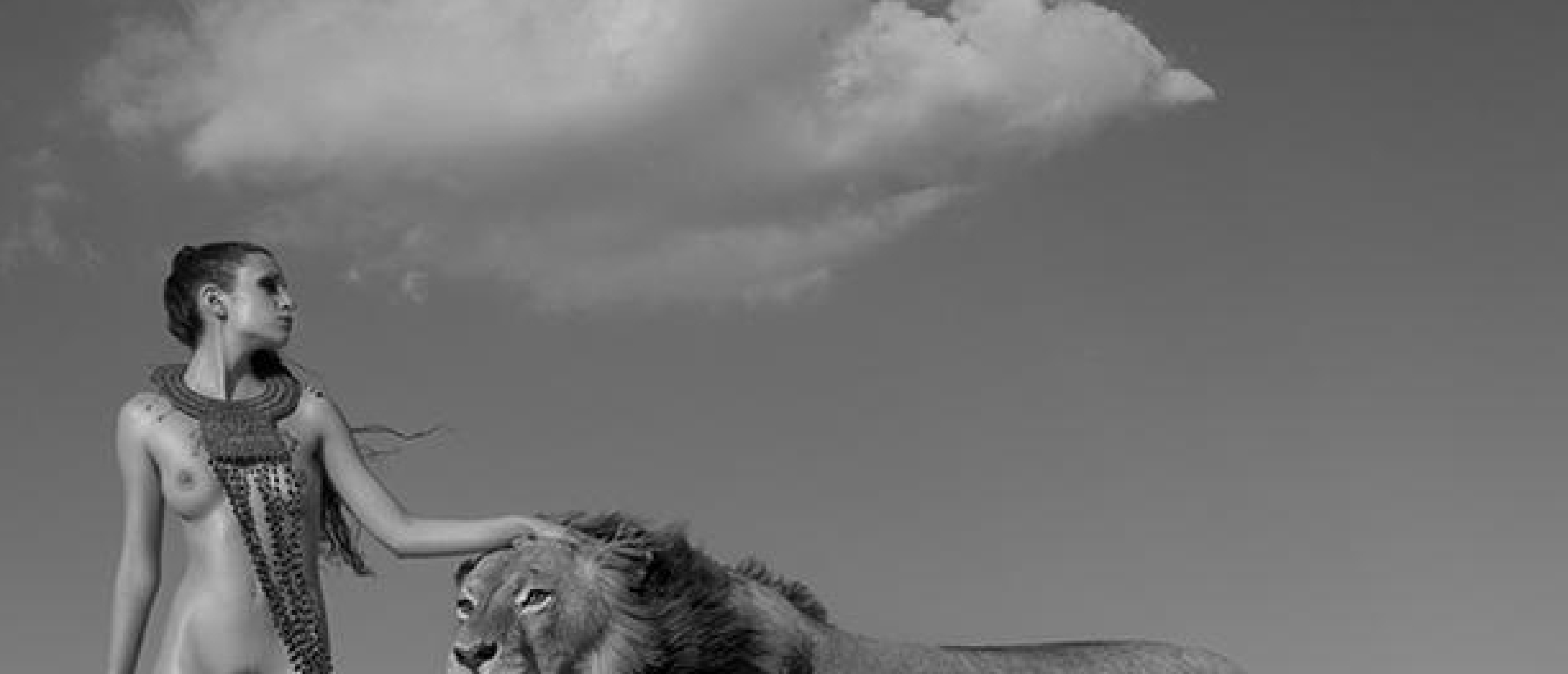
We've been discussing the sad case of Jan and Sara Saudek recently, and now there's another creative couple whose interaction, although, seemed to be less traumatic. Günter Blum (1949-1997) and Sylvie Blum (b. 1967) represent different approaches to photography: while Günter was known as a fetish photographer, Sylvie tends to be more like a fashion photographer. Let's take a look at the works of both artists and define their similarities and differences!
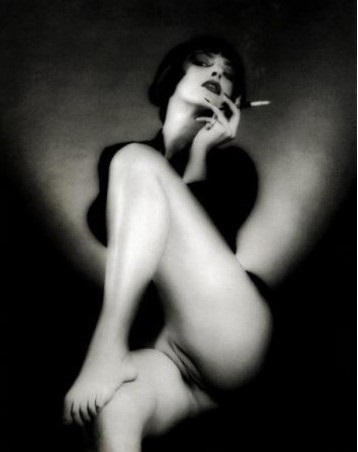
Fig. 1. Günter Blum ‘Smoke’ (artist-collector.com)
Günter Blum: Venus mit dem Spiegel
Günter Blum was a German photographer, graphic and photo designer. An early part of his career was devoted majorly to graphic design. Blum produced covers of music records like BUFO's Live (1972, wrongly spelled as "Günther Blum") and Space Metal (1976), King Ping Meh's Concrete (1976), Parzifal Legend (1971), Prof. Wolfff s/t (1971), and the first LP by Grobschnitt s/t (1972) without listening to the music. He focused on photography in the late 1980s. Initially, Blum was inspired by Jan Saudek and Helmut Newton, but later, he moved more towards BDSM and fetishism. One of his most famous pictures (female buttocks in fishnet stockings wrapped with barbed wire) appeared on the cover of the German magazine Der Spiegel Spezial (The Mirror) in 1996 with the title "Was ist normal?" (fig. 5). Besides, Blum's works were published in Playboy, Penthouse, Stern. Blum died on July 20, 1997, of lung cancer. Four of six artist's portfolios were published posthumously.
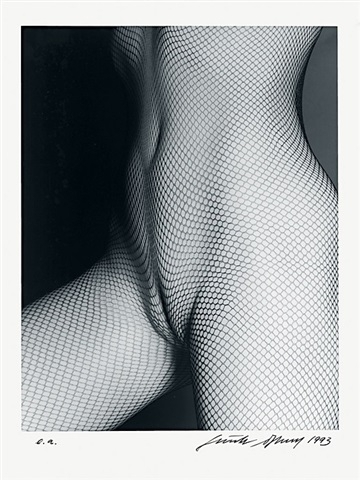
Fig. 2. Günter Blum. Nude Torso (sangbleu.com)
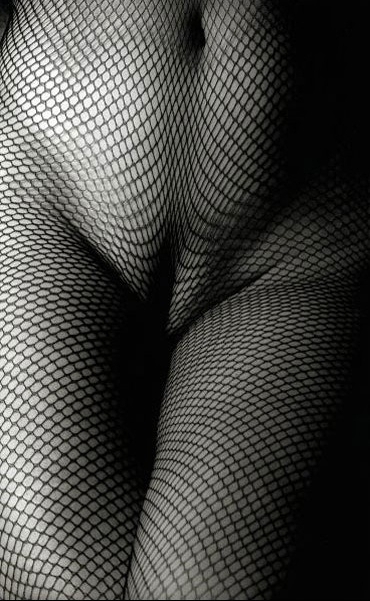
Fig. 3. Günter Blum, Nude in Fishnets (sangbleu.com)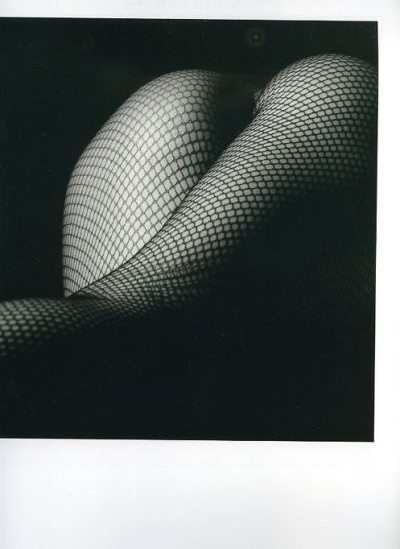
Fig. 4. Günter Blum, Nude in Fishnets (tumblr.com)
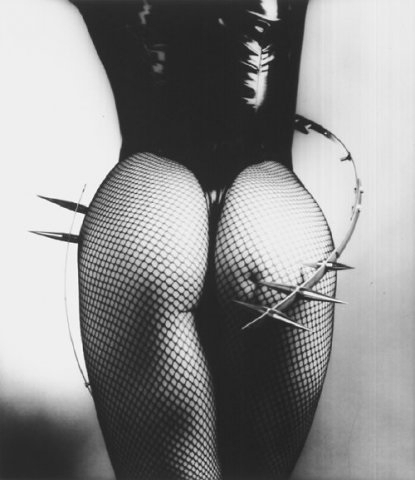
Fig. 5. Günter Blum. Buttocks in fishnets (livejournal.com)
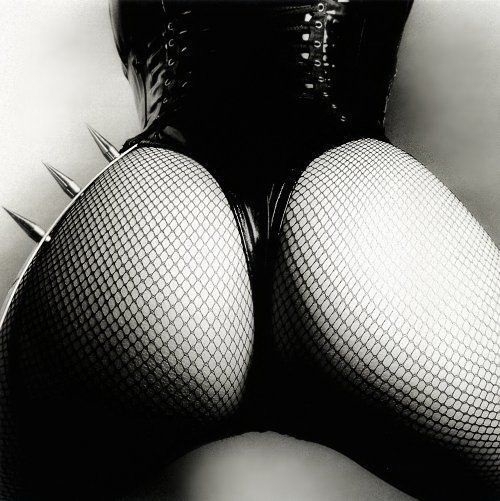
Fig. 6. Günter Blum. Buttocks in fishnets (arthur.io)
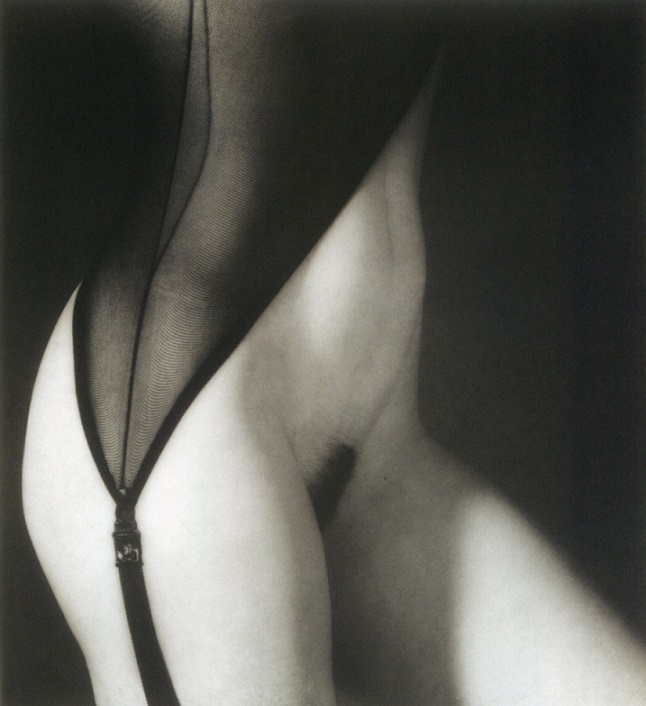
Fig. 7. Günter Blum (tumblr.com)
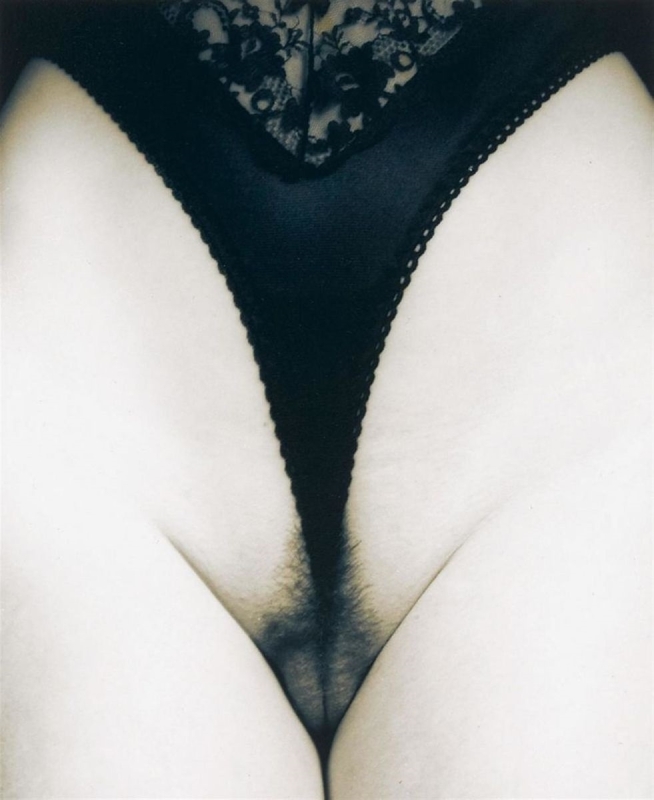
Fig. 8. Günter Blum, Gothic Torso (arthur.io)
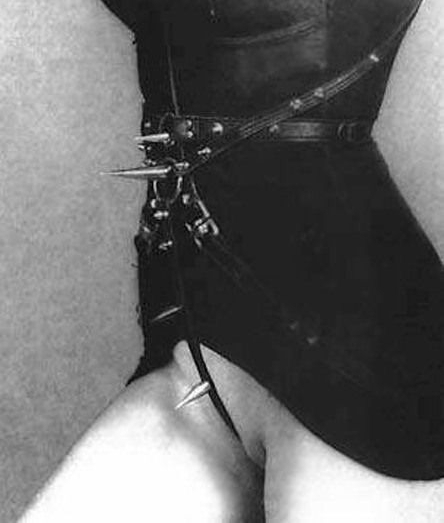
Fig. 9. Günter Blum, Untitled (arthur.io)
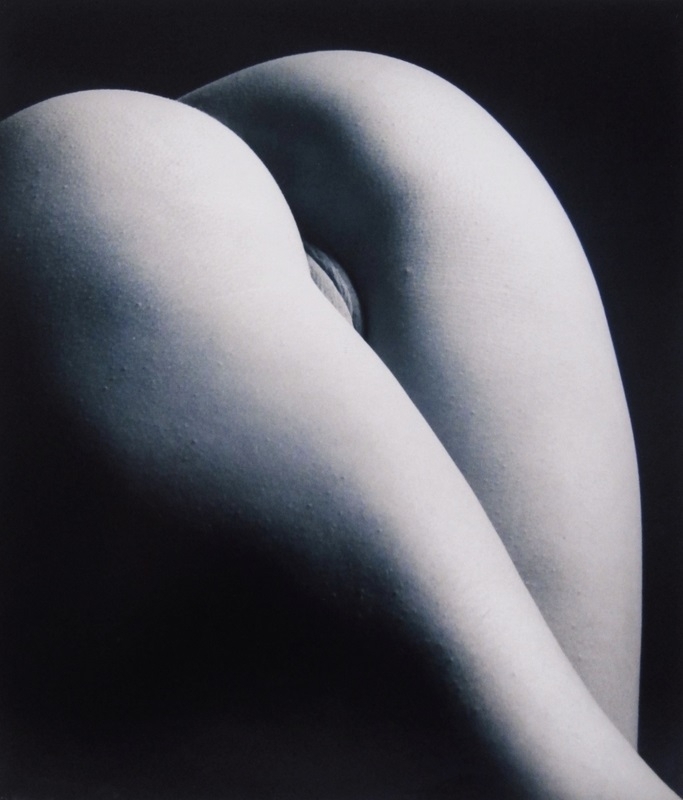
Fig. 10. Günter Blum, Herztorso (artprice.com)
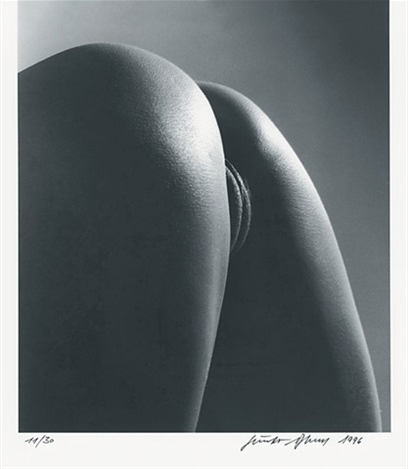
Fig. 11. Günter Blum, letzter akt II (artnet.com)
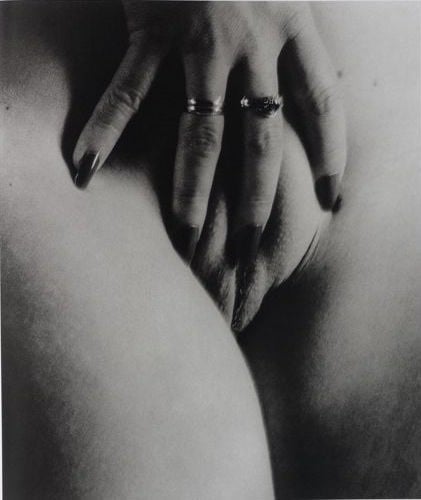
Fig. 12. Günter Blum, from ‘Venus’ book
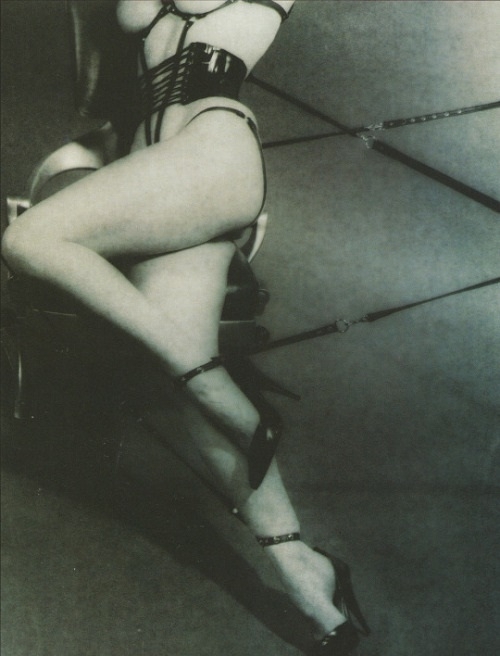
Fig. 13. Günter Blum (tumblr.com)
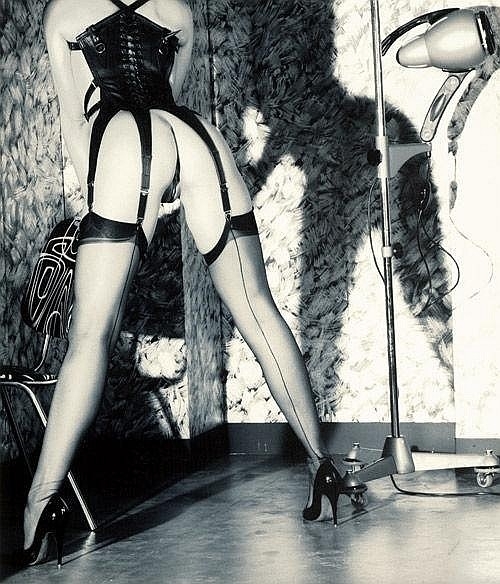
Fig. 14. Günter Blum, from ‘Venus’
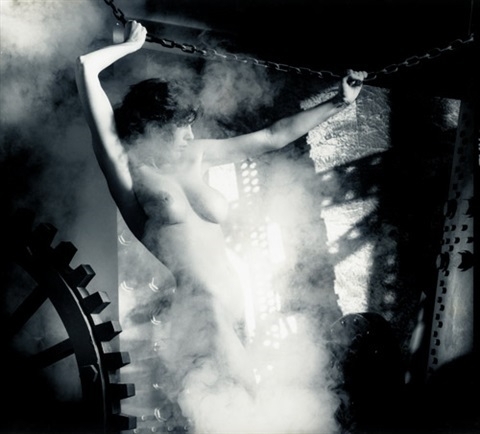
Fig. 15. Günter Blum. Sylvie with chain
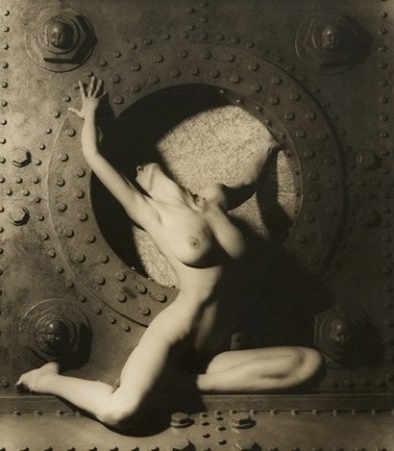
Fig. 16. Günter Blum. Inspired by ‘Metropolis’ (artist-collector.com)
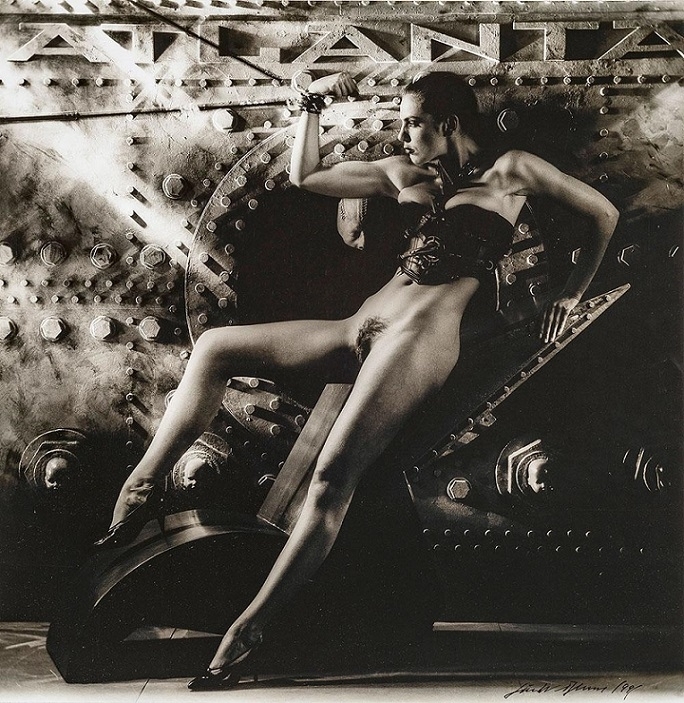
Fig. 17. Günter Blum. Inspired by ‘Metropolis'
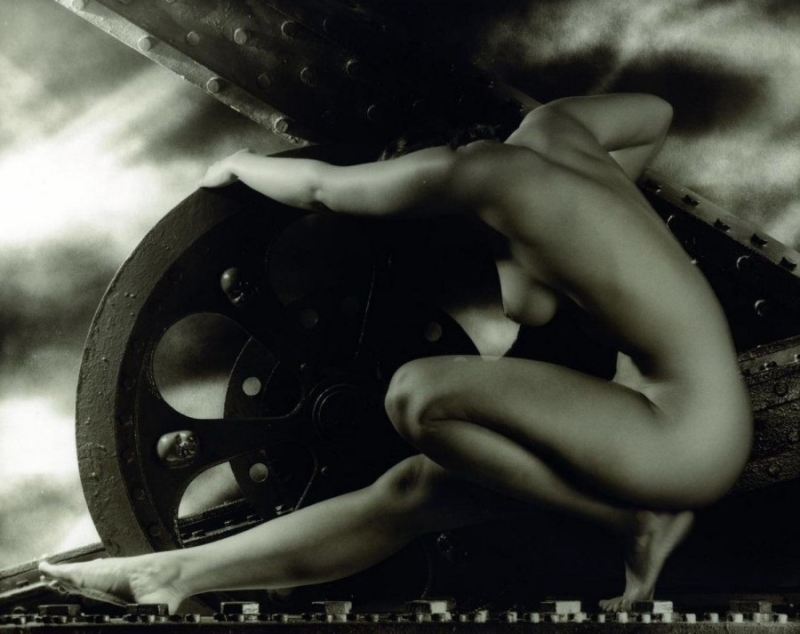
Fig. 18. Günter Blum. Inspired by ‘Metropolis’ (livejournal.com)
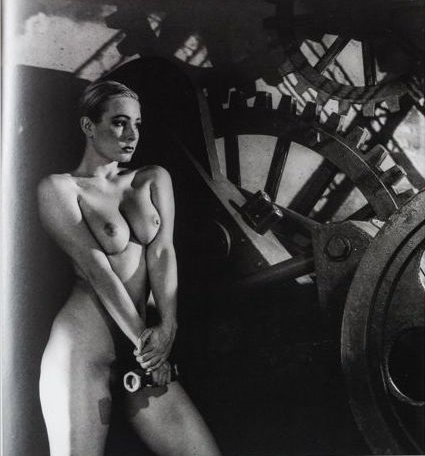
Fig. 19. Günter Blum. Inspired by ‘Metropolis’
Futuristic Yoshiwara
Blum portrayed powerful women in an industrial environment, among iron pinions of giant mechanisms. One of the sources of inspiration was the German silent film Metropolis (1927), directed by Fritz Lang. The movie shows us a futuristic urban dystopia. The world is divided into two parts: 'heaven' for rich people and 'hell' for workers. The son of the city's master falls in love with a poor girl named Maria. As the story goes, the evil city master orders one of the mechanics to create a robot looking like Maria. The female-looking robot brings chaos into the city and drives men to murder. Nevertheless, this intriguing scenery has a happy end. Interestingly, there is Yoshiwara district in Metropolis, and you can watch a couple of scenes taking place in this setting.
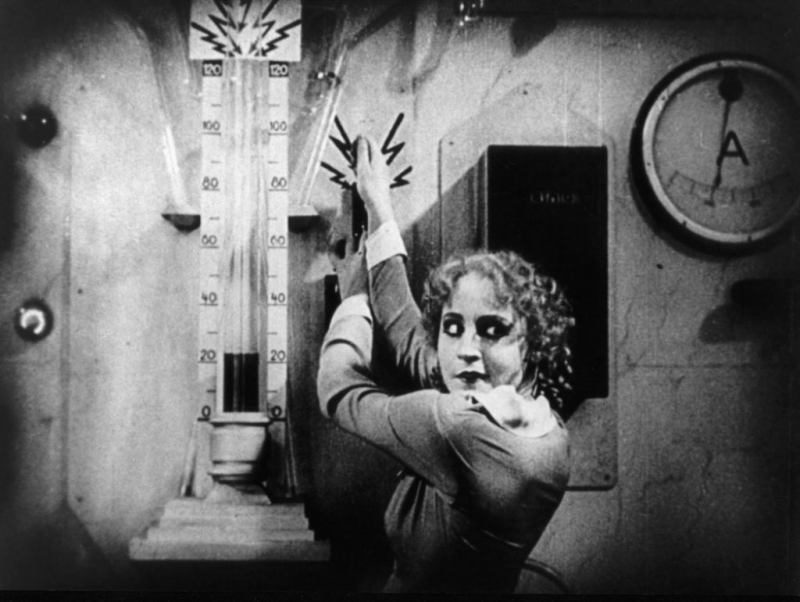
Fig. 20. ‘Metropolis’ (1927)
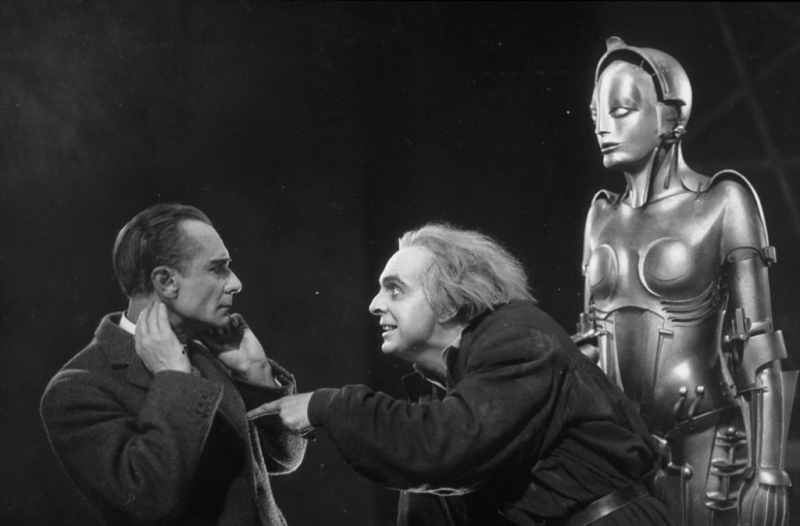
Fig. 21. ‘Metropolis’ (1927)
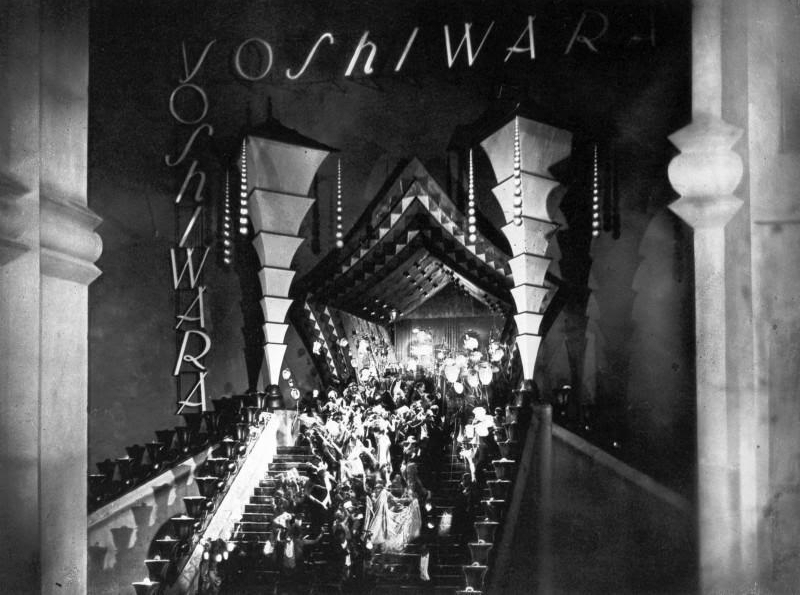
Fig. 22. Yoshiwara district in ‘Metropolis’ (1927)
Sylvie Blum: Amazons Go Wild
Sylvie Blum (Neubauer before marriage) started her career as a model. For more than ten years, she collaborated with prominent artists such as Helmut Newton, Jan Saudek, and Lucien Clergue. In 1991, she met Günter Blum and became his model and muse (fig. 15). Four years later, they married. For a year and a half, Sylvie had an opportunity to study photography under the guidance of Blum. After his death, Sylvie bought a Polaroid SX-70 and initially started photographing herself. Her first book Venus was published in 2000 (Blum's book with the same title was printed in 1997). Through the years, Sylvie Blum achieved prominence. Her Big Cat series was sold entirely for $ 120,000 to Christie's in 2014. In her works, she pays attention to the female body plastique, which resembles Edward Weston's approach. There's also one feature that Sylvie shares with her husband Günter Blum: her photography presents strong and confident women. Their self-confidence is emphasized by the natural environment and the presence of dangerous animals on the scene. Looking at Günter Blum's works, we see industrial amazons or dangerous women from the 1920s, smoking cigarettes as earlier only men could do. They wear their nudity as the most extravagant clothes. Nakedness doesn't turn these femmes fatales into femmes fragiles. The nuder they get, the more unreachable they become.
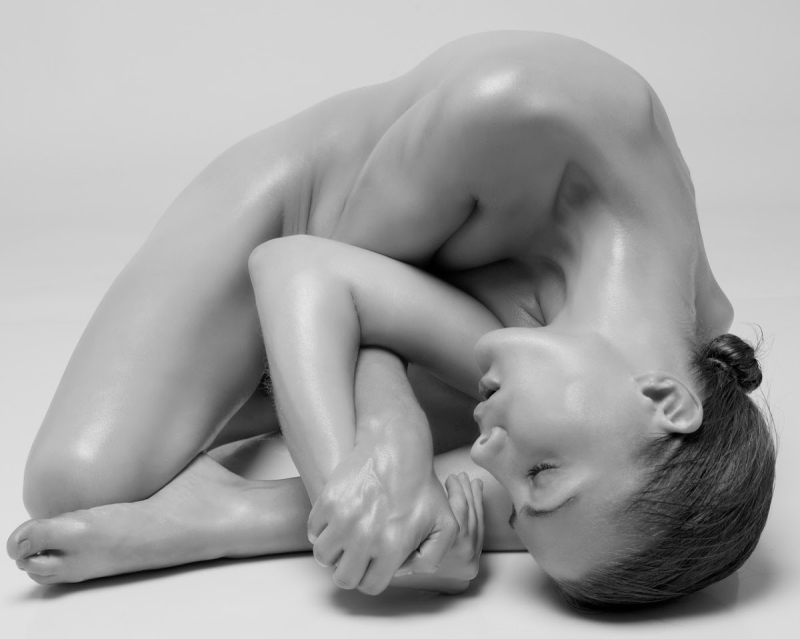
Fig. 23. Sylvie Blum (blogspot.com)
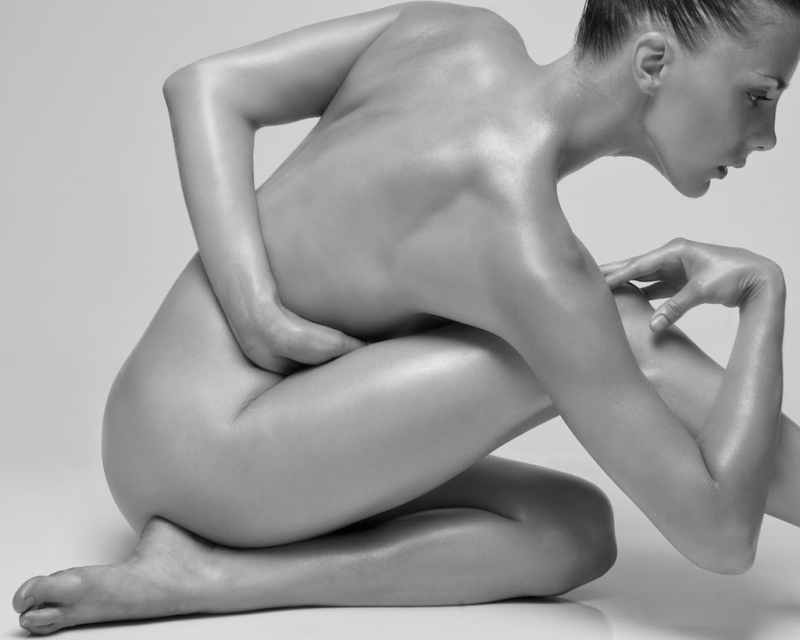
Fig. 24. Sylvie Blum (blogspot.com)
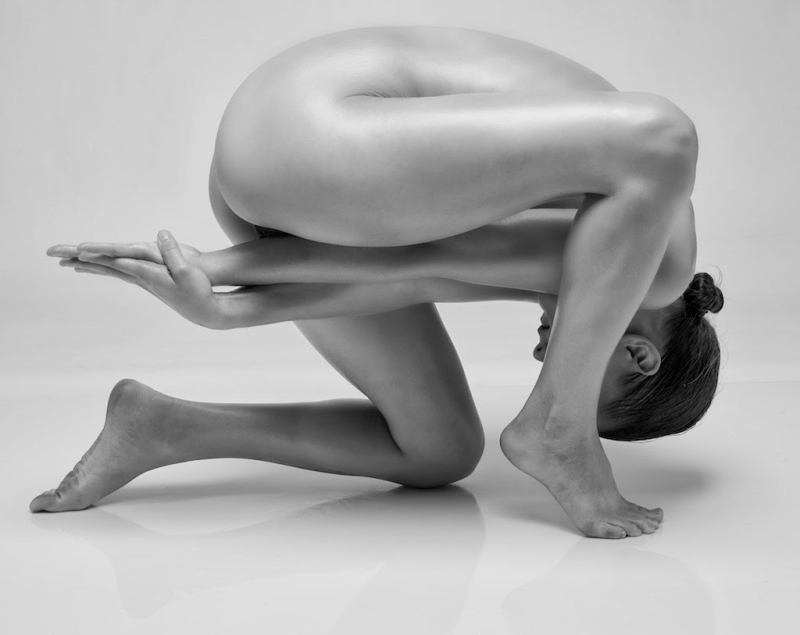
Fig. 25. Sylvie Blum (blogspot.com)
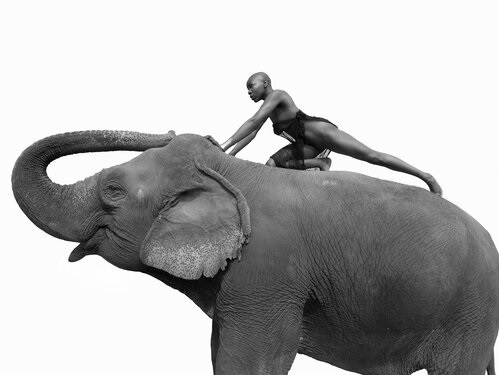
Fig. 26. Sylvie Blum, ‘Elephant’ (sylvie-blum.com)
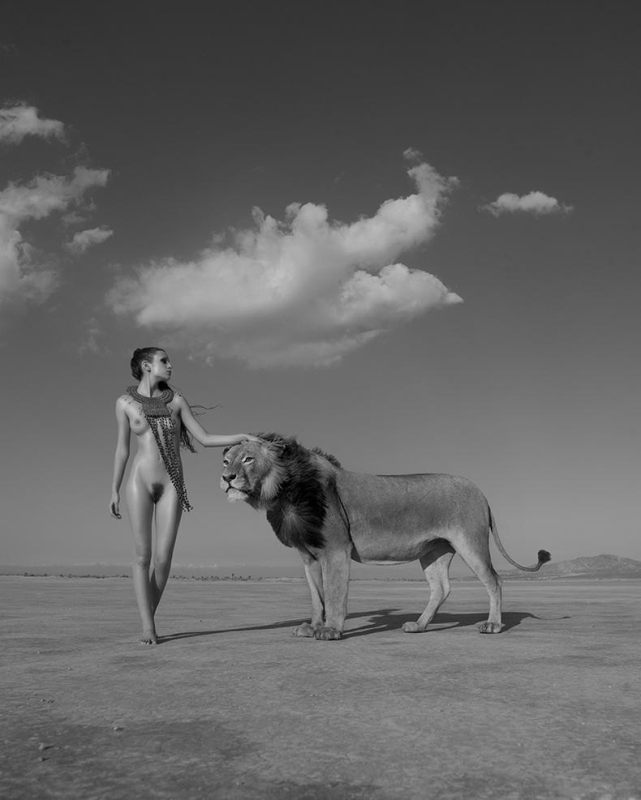
Fig. 27. Sylvie Blum, ‘Big Cat’ (sylvie-blum.com)
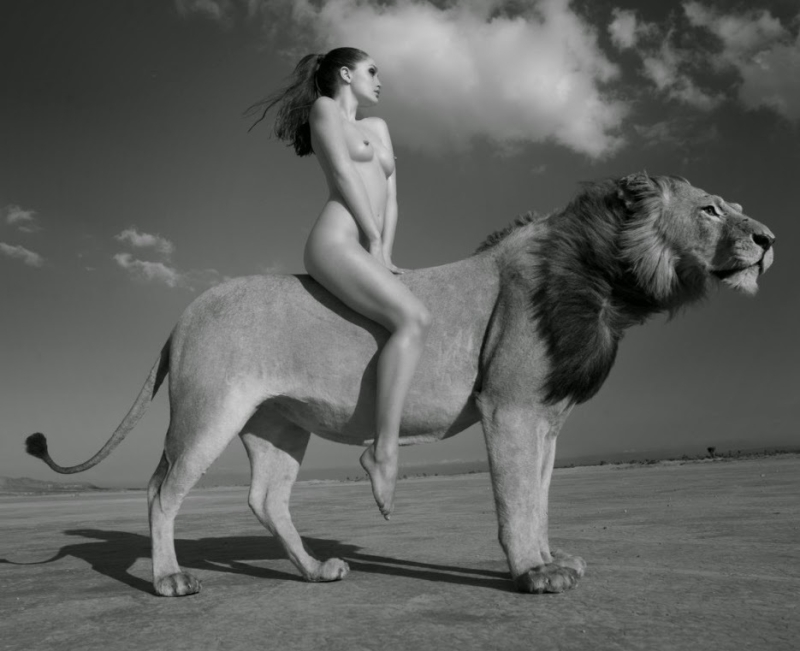
Fig. 28. Sylvie Blum, ‘Big Cat’ (sylvie-blum.com)
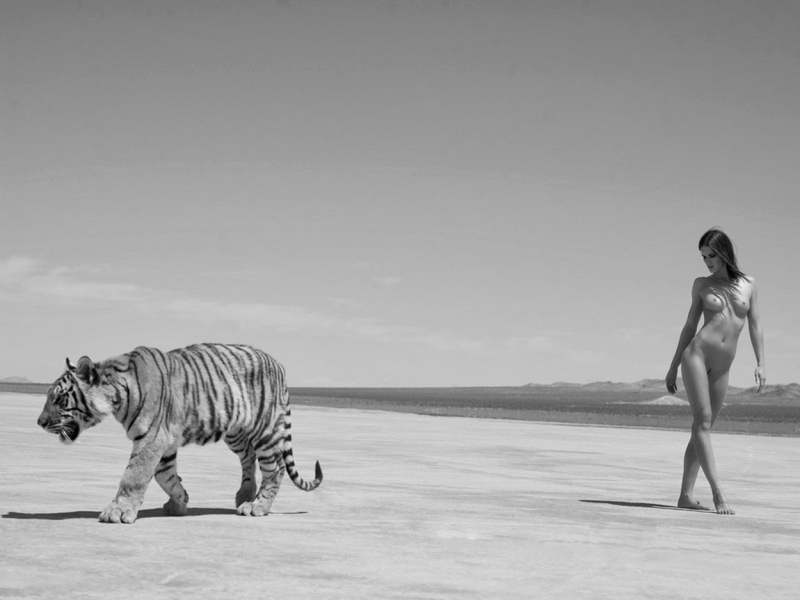
Fig. 29. Sylvie Blum, ‘Big Cat’ (sylvie-blum.com)
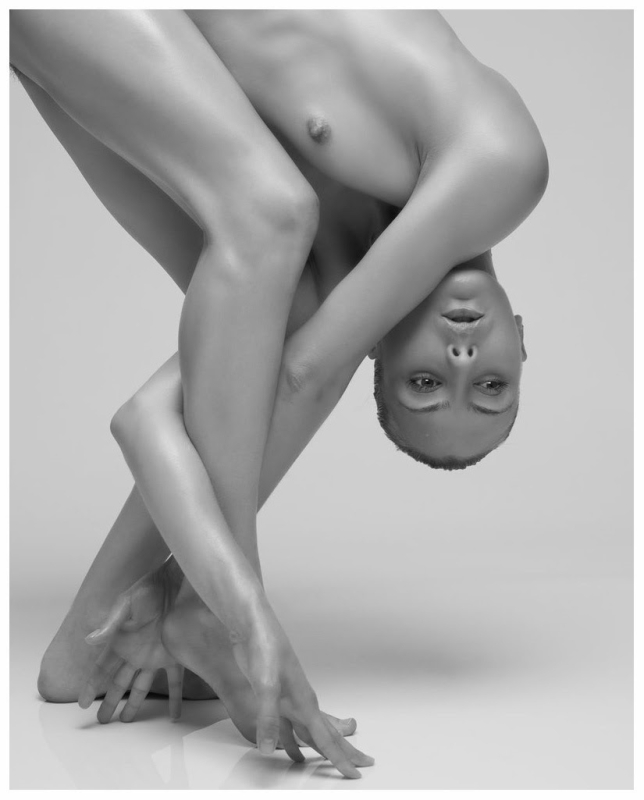
Fig. 30. Sylvie Blum (blogspot.com)
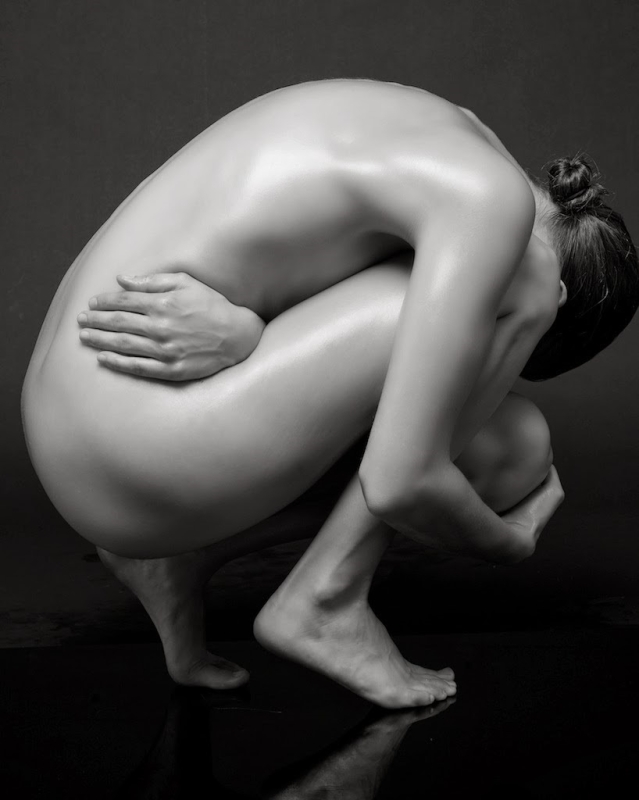
Fig. 31. Sylvie Blum (blogspot.com)
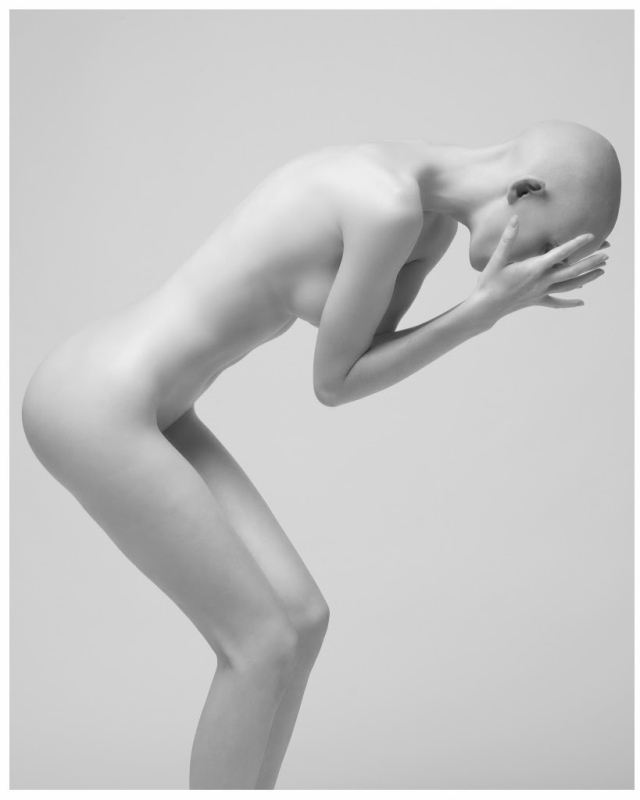
Fig. 32. Sylvie Blum (blogspot.com)
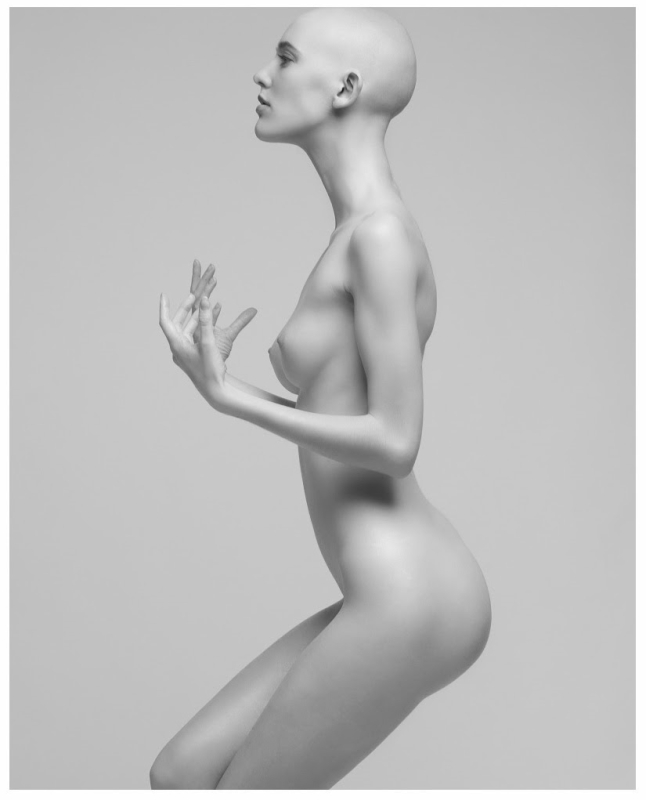
Fig. 33. Sylvie Blum (blogspot.com)
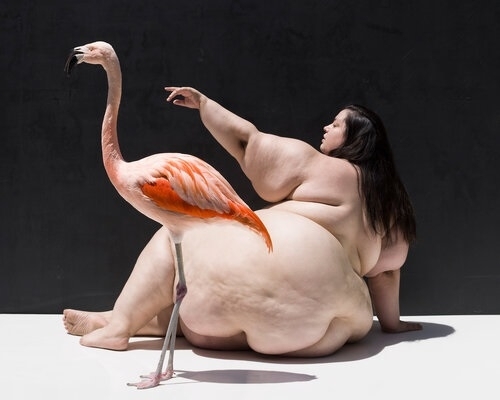
Fig. 34. Sylvie Blum, ‘Birds’ (sylvie-blum.com)
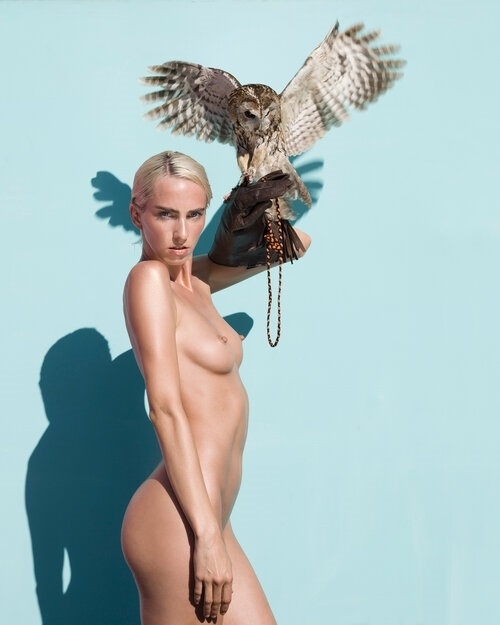
Fig. 35. Sylvie Blum, ‘Birds’ (sylvie-blum.com)
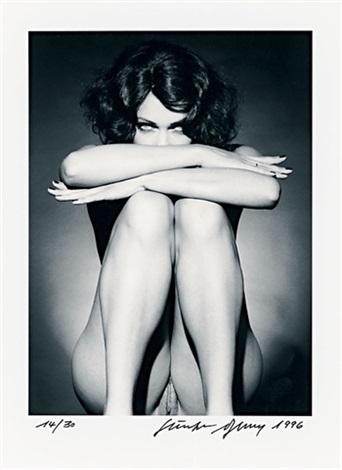
Fig. 36. Günter Blum. Natalie portrait II
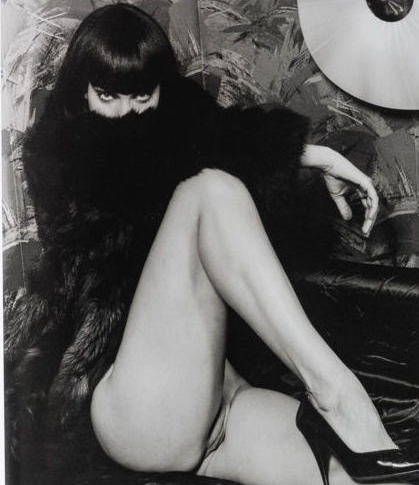
Fig. 37. Günter Blum
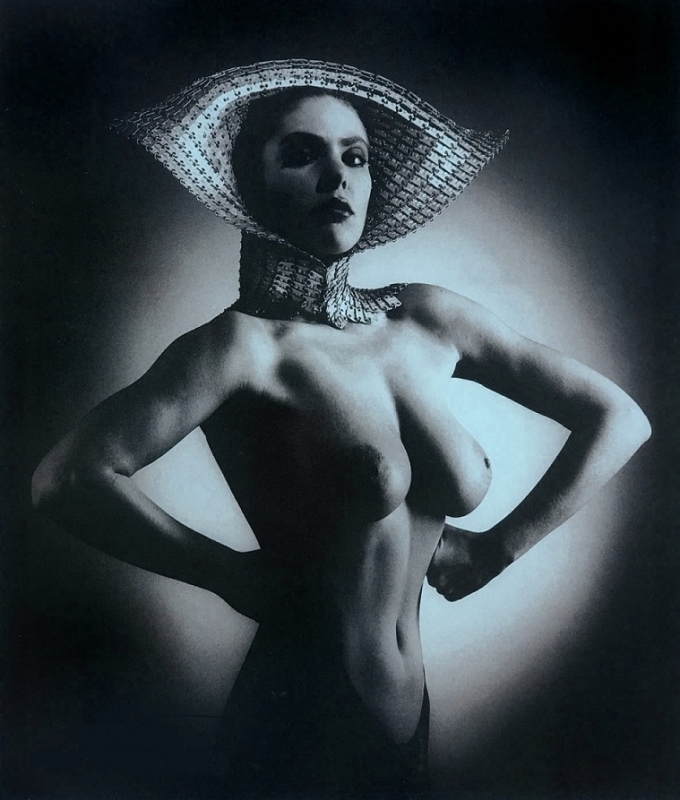
Fig.38. Günter Blum, 'Katharina' (1999)
Sources: de.wikipedia.org; opiomgallery.com; sylvie-blum.com
Click HERE for an article on the fashion photographer Helmut Newton and his flirtatious nudes....!!
Let us know what you think about the article in the comment box below....!!
